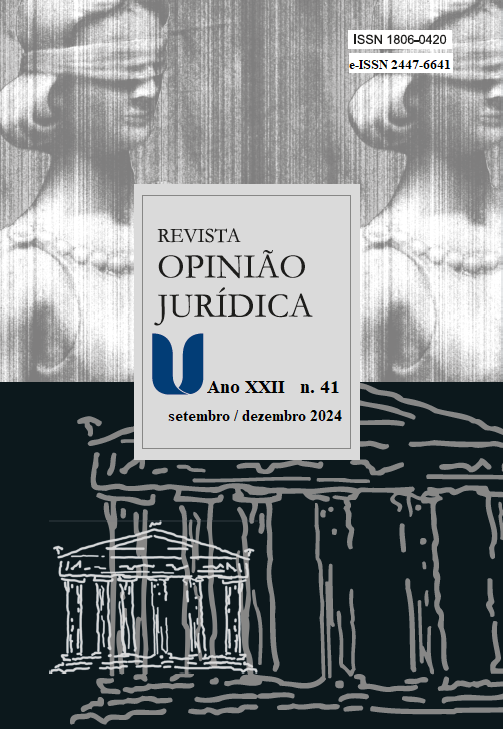The fundamental right of data protection of workers and the impact of new technologies in the workplace in Spain
DOI:
https://doi.org/10.12662/2447-6641oj.v22i41.p34-62.2024Keywords:
personal data, new technologies, privacy, workplace, digital rightsAbstract
Objectives: The objective of this work is to analyze the requirements that the company must meet and the limits it has when exercising its power of control through technological means in accordance with the legislation and the criteria established by jurisprudence to for this purpose, so that the rights and guarantees of workers are respected.
Methodology: The worker's guarantees will be studied in relation to the implementation of new technologies in the workplace, and the employer's power of control and management power recognized in article 20 of the Workers' Statute will be delimited in relation to the protection of personal data in the use of new technologies and electronic devices in relation to the right to privacy.
Results: In the current scenario of technological innovation, there has been an increase in the manipulation and distribution of personal data that is collected using electronic devices and the Internet, giving rise to phenomena such as Big Data, which can lead to important privacy issues.
Conclusions: The approval of the General Data Protection Regulation is transferred to the Spanish legal system with Organic Law 3/2018 on the Protection of Personal Data and Guarantees of Digital Rights, which develops article 18 of the Spanish Constitution and whose most relevant incorporation It is the safeguarding of the fundamental rights to privacy and data protection of workers in the application of business control and surveillance techniques through new technologies, so that the processing of workers' data is legal.
Downloads
Published
How to Cite
Issue
Section
License
Copyright (c) 2024 Revista Opinião Jurídica (Fortaleza)

This work is licensed under a Creative Commons Attribution-NonCommercial-ShareAlike 4.0 International License.
CESSION OF COPYRIGHTS
The submission of articles to analysis for publication on Opinião Jurídica implies the author(s) transfers copyrights to Centro Universitário Christus – UNICHRISTUS for reproduction, publicizing, distribution, printing and publication, according to the Publication Norm 414R, Opin. Jur., Fortaleza, year 12, n. 16, p.1-414, Jan./Dec. 2014, costs to be bore by UNICHRISTUS, in whatever format or means that may or shall exist, in accordance to articles 49 and following of Federal Law 9.610/98.
1. In ceding copyrights, the author(s) agrees to do so in exclusivity, free of charge and for the totality of the work.
2. UNICHRISTUS may make the work, in its entirety or in parts, available for scholarly purposes, without altering its contents, except for small corrections that are deemed necessary.
3. The cession of copyrights is valid in all countries and for versions of the material in its original language or translated into a foreign language.
RESPONSIBILITY FOR THE CONTENT
By submitting an article, the author(s) declare to have sole responsibility for the content of the piece and is(are), therefore, responsible for any judicial or extrajudicial measures referring to it.
1. In case of joint authorship, all authors are considered collectively responsible, except when proved otherwise.


















